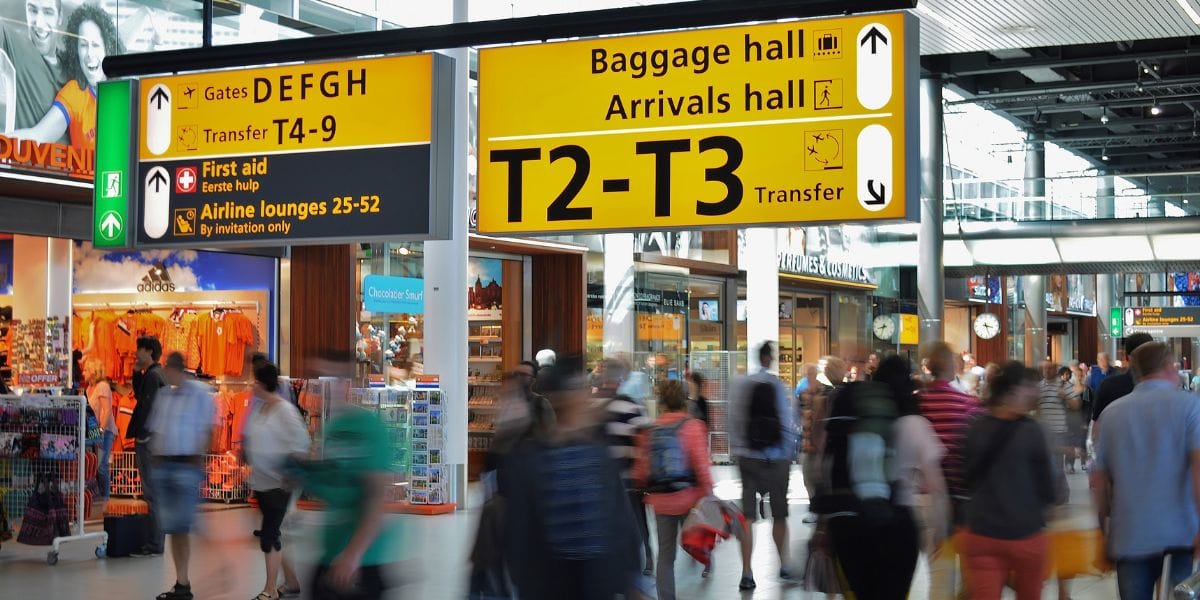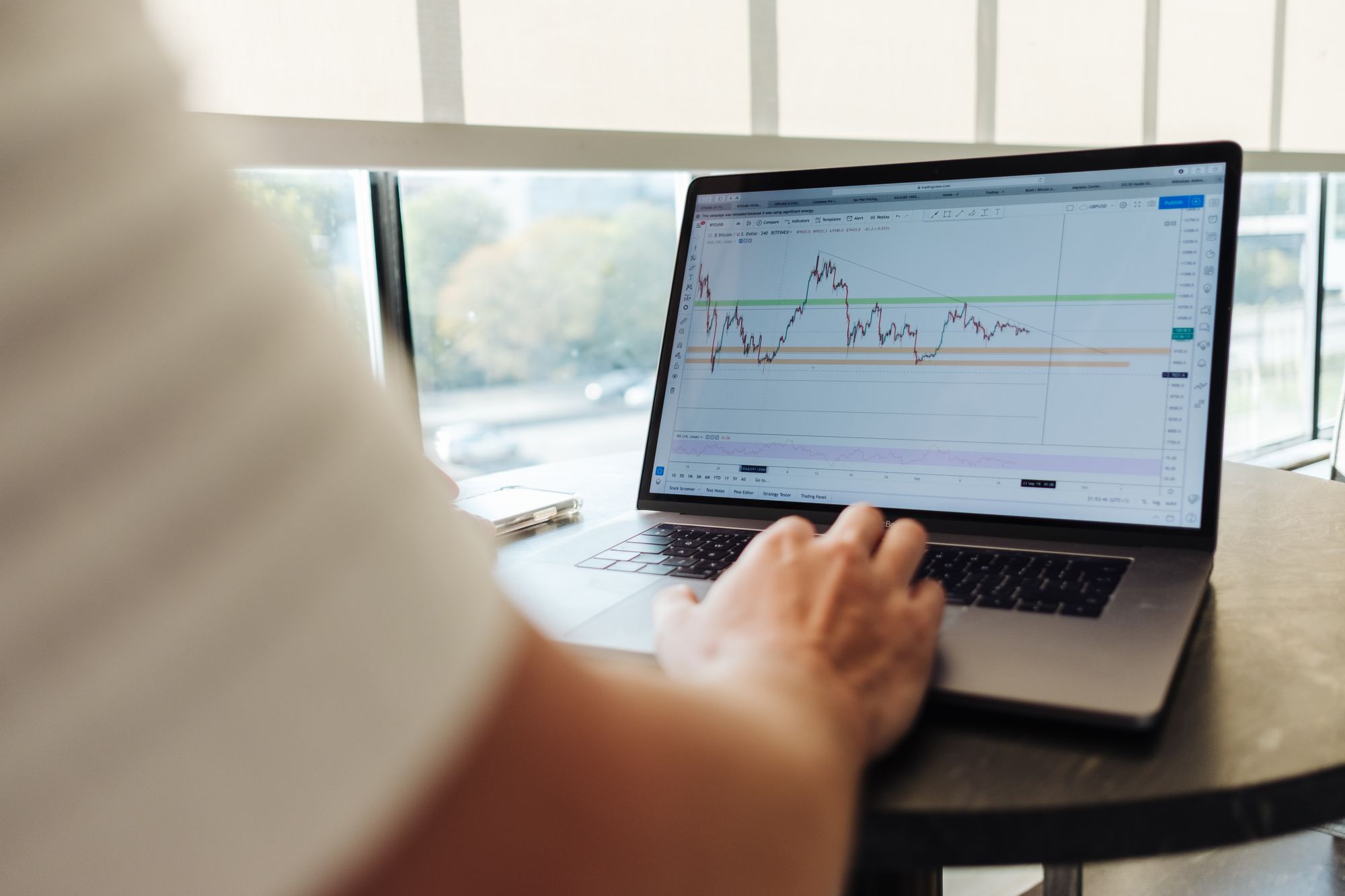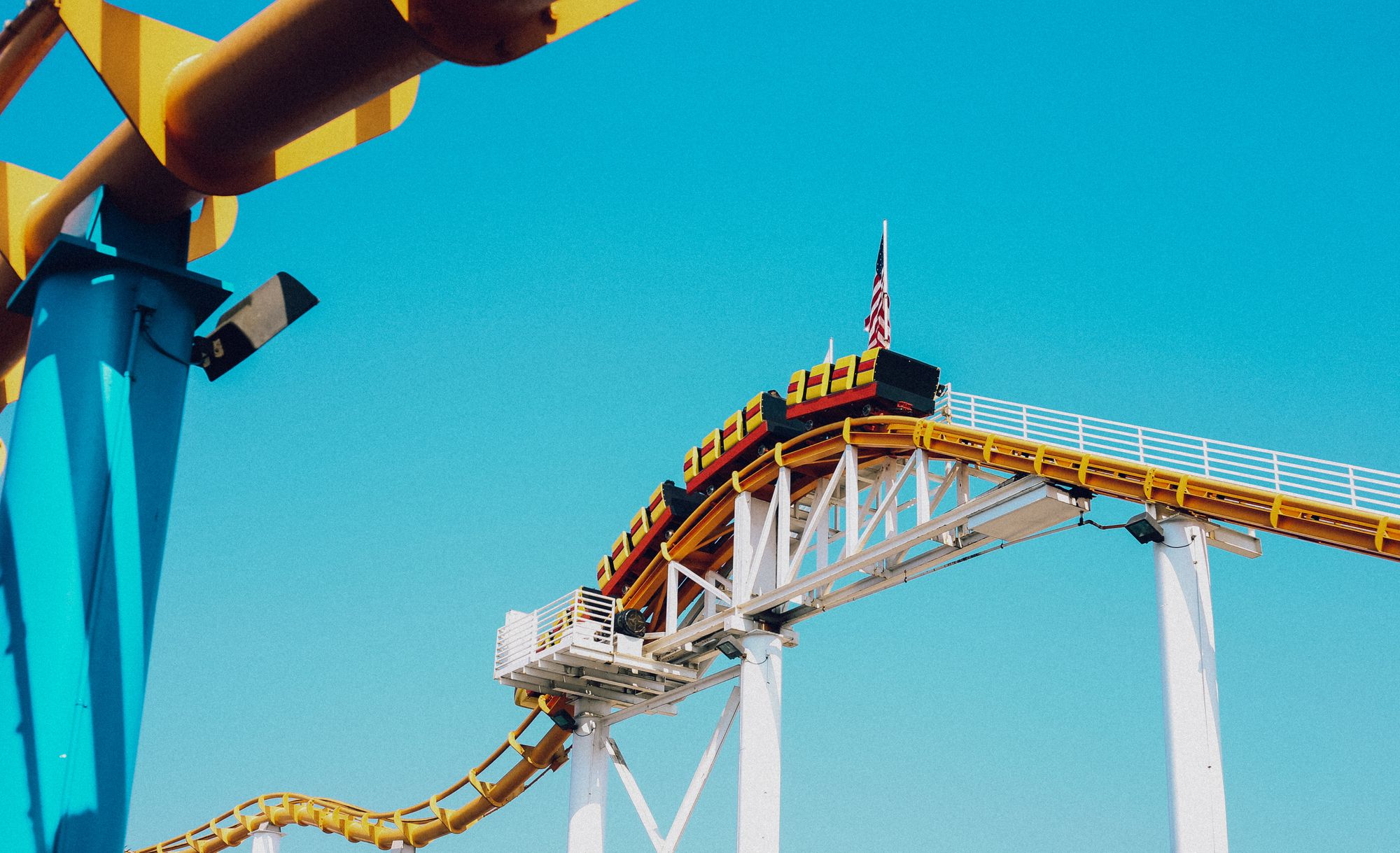People both love and hate China because it can pretty much decide what it wants its economy (and political system) to do, whenever it wants.
It can halt trading when stocks fall too much, it can set the value of its currency every day and it can swoop in and take control of companies when they don’t toe the line.
Earlier this year it proposed removing the two-term limit for the presidency, allowing existing President Xi Jinping to potentially remain in office beyond 2023.
Generally every ten years there is a massive switch up, as the government, police force, military and intelligencia go through a change and a new leader takes the helm (and implements their people).
But in recent years, Xi has been carefully implementing his own ideology into the Chinese constitution, making it very difficult to depose him.
The constitution is the basis of all Chinese power; it’s the philosophical structure (and supreme law) the government uses to maintain its rule.
It’s important we follow China closely, not only because it affects the Chinese companies you have exposure to in your portfolio, but because the sheer size of China’s economy has implications for pretty much every other market.
Here is a run down of existing Chinese controls:
Companies are on notice because of their debt levels
Since June 2017, officials have been curtailing Anbang Insurance Group’s revenue stream and sent in regulatory teams to supervise its operations.
This year, they took it over completely and police arrested its chairman for fraud.
They’ve done this because enormous debt levels are a constant headache for the Chinese government and corporate leverage has reached astronomical levels.
China’s debt-to-GDP ratio is at 256 per cent. Meaning the country is borrowing around 2.5 times more than they are selling.
That said, debt levels are one of the largest concerns for most economies, with the average debt-to-GDP ratio sitting at around 190 per cent. The United States, the largest economy on earth is managing a 250 per cent ratio.
But the Chinese government has been cracking down on companies that are using local debt to fund expensive overseas acquisitions. (In 2014, Anbang bought the Waldorf Astoria in New York City for close to $US2 billion).
More broadly, the Government has extremely strict controls on how much money people can move out of mainland China and it sees overseas acquisitions as a way of contravening that rule.
As it stands each individual is only allowed to move $US50,000 a year out of mainland China.
(It’s also partly why the government has cracked down so hard on cryptocurrency trading, which allows for borderless transactions.)
It can also control its stock market
Earlier in February, while the rest of the world grappled with the sharp equities selloff, around a tenth of Chinese listed companies were permitted to suspend trading, preventing declines in their share prices.
Government intervention is common in Chinese markets, where there are regulations restricting the sale of large stock orders and curbs around the country’s shadow banking industry.
Shadow banking refers to widespread lending by unregulated institutions.
The government also controls the value of its local currency - the Renminbi - everyday, manually setting its price against the US dollar, while allowing an offshore version to trade against ten other global currencies.
These are referred to as the offshore and onshore yuan.
The cheaper the currency, the cheaper Chinese exports are to the rest of the world, which means we can gobble up billions of cheap toasters and clothes.
But the influence of China’s economy is probably most reflective in commodity prices, the fluctuations of which have a dramatic effect on Australia (despite everyone wishing they didn’t).
China, and its enormous population account for about half of global consumption of metals, coal, and pork, for example.
And its demand for iron ore, to fuel frenzied growth and an explosion of construction, has kept Australia afloat for the last decade.
That said, Xi’s government has been vehemently cracking down on pollution levels and closing down steel plants that aren’t operating to the new environmental standards.
Experts say China is adapting and accepting some international practices, as its economy pivots from an export-driven one, to consumer driven. But despite the friendly international trade talks, the power President Xi Jinping wields is formidable and makes for an interesting world in which to do business.



